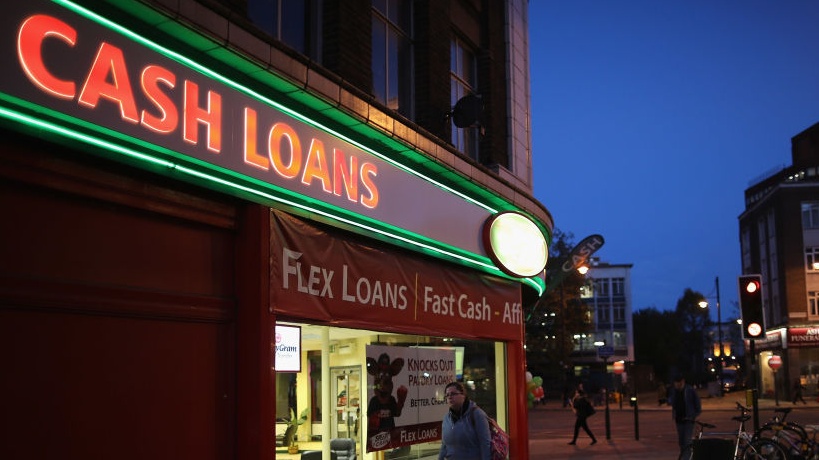California Governor Gavin Newsom is weighing whether or not to sign Assembly Bill 539, which would prohibit lenders from charging interest rates higher than 36 percent — including the standard federal rate — on loans between $2,500 and $10,000. The bill was rush-approved by state lawmakers prior to their recess.
The bill would require all lenders of such loans to offer credit education to any consumer who applies for one. According to an August report from the State Department of Business Oversight, those loans have seen an increase of 33 percent in the state.
Assemblywoman Monique Limon, who introduced the legislation in each of the last 14 legislative sessions, argued lenders could charge rates of up to 235 percent annually and added her legislation would allow more Californians to escape the small loans every year.
"This is a space where it’s a billions-of-dollar industry. Their ability to influence the conversation, I think, has been evidenced. There was one point where these bills wouldn’t even be heard," Limon said.
Opponents of the legislation fear the limit on the interest rate would only stop lenders from giving loans to those with bad or no credit, the very people who would be in that desperate situation to begin with.
"California has one of the highest costs of living in the nation and it can be extremely difficult to budget and save for financial expenses. I talk with hardworking members of our communities every week, and they need more, not less, options," said Julian Canete, head of the California Hispanic Chambers of Commerce, in an email to The Hill. "Simply mandating arbitrary price controls is not the right answer."
Newsom, who has hundreds of bills left on his desk to sign, has not indicated if he would sign the bill into law — though Limon says Newsom's talk of interest rates in his inaugural address is a good sign. Interest rate limits are already in place in 38 states throughout America
